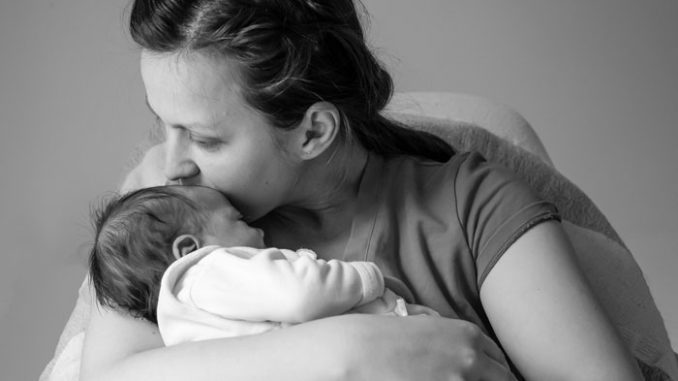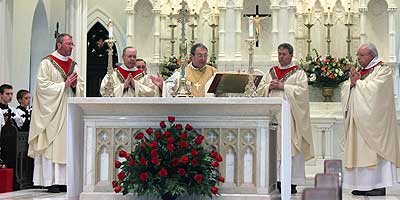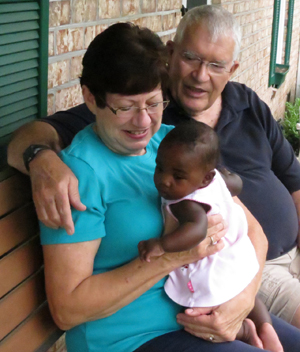
COLUMBIA—South Carolina’s landmark legislation that would ban most abortions when a fetal heartbeat is detected was blocked by a federal judge on Friday, Feb. 19.
The judge issued a temporary restraining order on the S.C. Fetal Heartbeat and Protection from Abortion Act after a hearing held at the federal courthouse in downtown Columbia. The decision came less than 24 hours after Gov. Henry McMaster signed the bill into law.
Nicknamed the “Heartbeat Bill,” it bans abortions in South Carolina when a fetal heartbeat is detected, which usually occurs at about six weeks. The law allows exceptions for rape, incest, risk to the life of the mother or fetal anomaly.
The bill requires doctors to file reports with local law enforcement if a woman reports a pregnancy from rape or incest. Also, a doctor or other person found guilty of performing an abortion after a heartbeat is detected could face a prison term of up to years.
Since most abortions in the state statistically occur after six weeks of pregnancy, the law effectively ends most of the procedures in the state.
In response to the bill, Planned Parenthood South Atlantic, the Greenville Women’s Clinic, and Dr. Terry Buffkin filed a lawsuit in federal court on Feb. 18, claiming the law is unconstitutional. According to reports, they asked for an immediate injunction to prevent the law from being enforced until decisions could be made on the case’s merits.
State Sen. Larry Grooms, one of the main sponsors of the fetal heartbeat bill, said he believes the temporary block on the bill is the first step in a legislative process which could eventually bring the matter before the United States Supreme Court as a test of Roe v. Wade, the 1973 decision that made abortion up until the point of viability a constitutional right nationwide.
“Our state’s new law is now on a collision course that will intersect at the Supreme Court of the United States,” Grooms said in a statement. “When considering (the bill), the Justices will decide if Roe should be upheld or struck down. The Supreme Court will have the last word … and I believe those words will conclude that all life is precious as Roe is placed upon the trash heap of history.”
Grooms said he did not have any information about a possible timeline for the bill’s next steps.
South Carolina joins 10 other states that have passed similar laws, all of which are now tied up in court.



